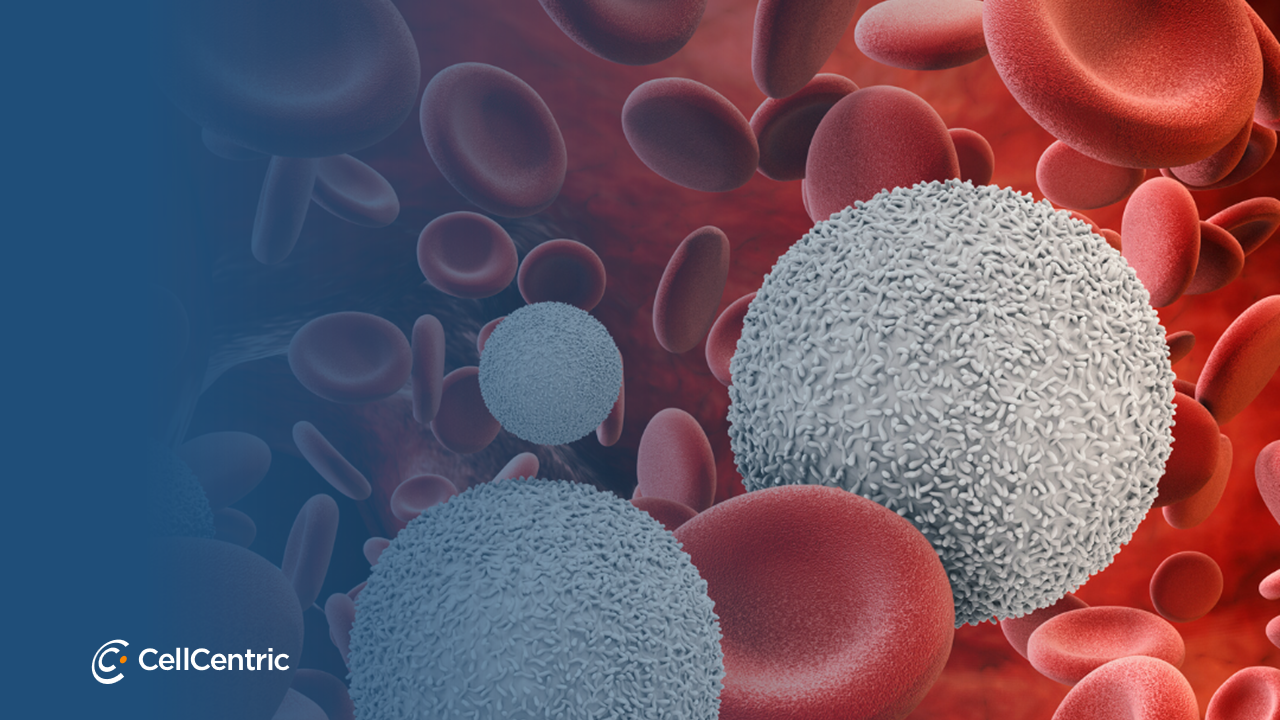The PCF was founded in 1993 and has gone on to become the number one philanthropic organization funding prostate cancer research globally. It has helped bring over 30 new medicines into the research pipeline. Prostate cancer impacts over 220,000 men in the US alone. Up to 20% of patients will develop the aggressive, castrate-resistant form (CRPC) for which current treatments offer limited benefit.
CPRC is driven by the androgen receptor (AR). This can be inhibited, but tumours rapidly adapt, including through the development of AR splice variant forms (AR-SV).
CellCentric’s novel small molecule Candidate CCS1477 is an orally available drug that inhibits the common bromo-domain of twin proteins p300/CBP. These are two closely related histone acetyl transferase proteins that transcriptionally co-activate AR.
CCS1477 not only down-regulates the androgen receptor itself, it also depletes the adaptive AR splice variant forms. In pre-clinical models of CRPC, the compound’s inhibitory effects are profound and sustained.
Additional data supporting the progression of CCS1477 to the clinic are presented at the 2017 Prostate Cancer Foundation meeting:
http://www.cellcentric.com/pcf-poster-2017
As well as leading to the down-regulation of AR and its variants, CCS1477 affects c-Myc and key downstream genes associated with prostate cancer, including PSA and TMPRSS2. A 22Rv1 xenograft model is used to mimic CRPC. Current prostate cancer drugs Enzalutamide and Abiraterone do not work in this model. CCS1477 on the other hand, causes complete tumour growth inhibition at doses which are well tolerated. Plasma PSA levels (which will be used as a biomarker of response in patients) are reduced below the limit of detection. The tumour growth inhibition caused by CCS1477 is sustained following drug withdrawal.
CCS1477 is also efficacious in a Bicalutamide-resistant LNCaP xenograft model as monotherapy and in combination with Enzalutamide, delivering a significantly enhanced effect. It can down-regulate n-Myc, as well as c-Myc, and thus may have clinical relevance to neuroendocrine sub-populations of prostate cancer.
CellCentric originally spun out of the University of Cambridge, with a focus on understanding cell fate control processes associated with epigenetics. Having investigated over 50 potential new targets that could be relevant to treating disease, the company has evolved and prioritised, focusing on developing novel small molecule inhibitor compounds against p300/CBP. The company anticipates dosing first patients with CCS1477 early in 2018.
P300/CBP has been known to be relevant to the progression of a number of conditions beyond prostate cancer. These are being explored by the company, including through academic collaborations focused on haematological cancers (including AML), and those of bladder and lung.
Commenting, Neil Pegg, CellCentric’s Research Director, said ‘It is a privilege to be invited to the PCF annual scientific meeting, and to be collaborating with multiple key figures in the prostate cancer field. CCS1477 is emerging as an exciting potential new drug to treat patients who otherwise have few options’.
About CellCentric
CellCentric is a biotechnology company developing novel cancer therapeutic products, based on its knowledge of epigenetics. The company was co-founded with Prof Azim Surani FRS CBE of University of Cambridge, and one of the earliest pioneers in the space.
CellCentric has identified and investigated multiple potential drug targets associated with epigenetic regulation, and has carried out early drug discovery on six. One of these, an arginine methyltransferase programme was licenced to Takeda Pharmaceuticals. The company’s own lead programme is the development of first-in-class inhibitors of p300/CBP histone acetyltransferases. These have potential for the treatment of the lethal form of prostate cancer (CRPC), as well as other cancers.
CellCentric is a privately held business, its largest shareholder being Morningside Venture Investments.


